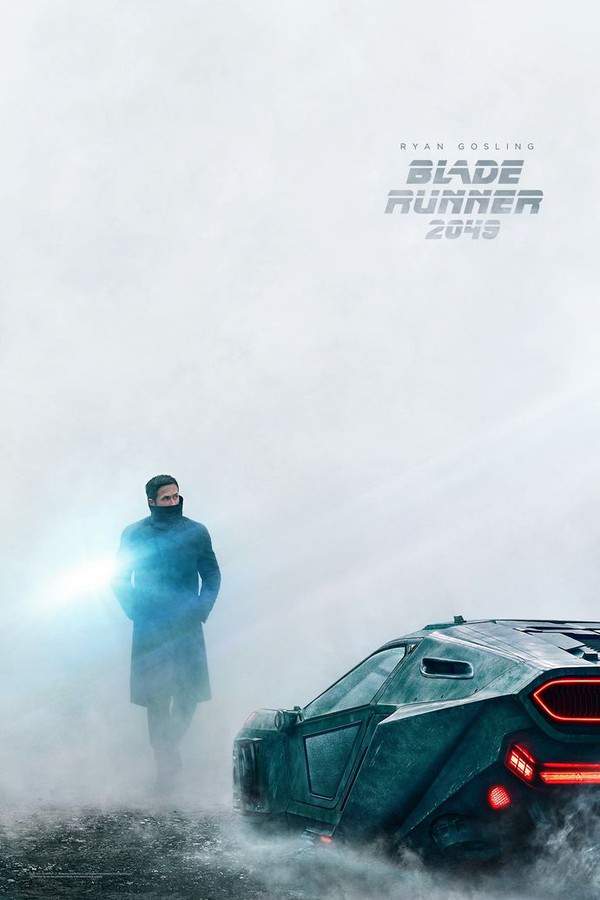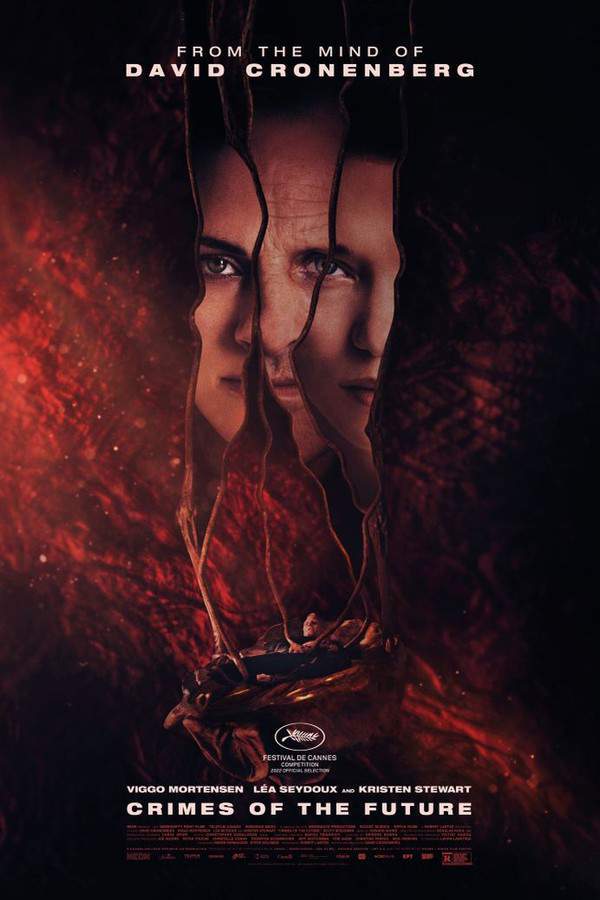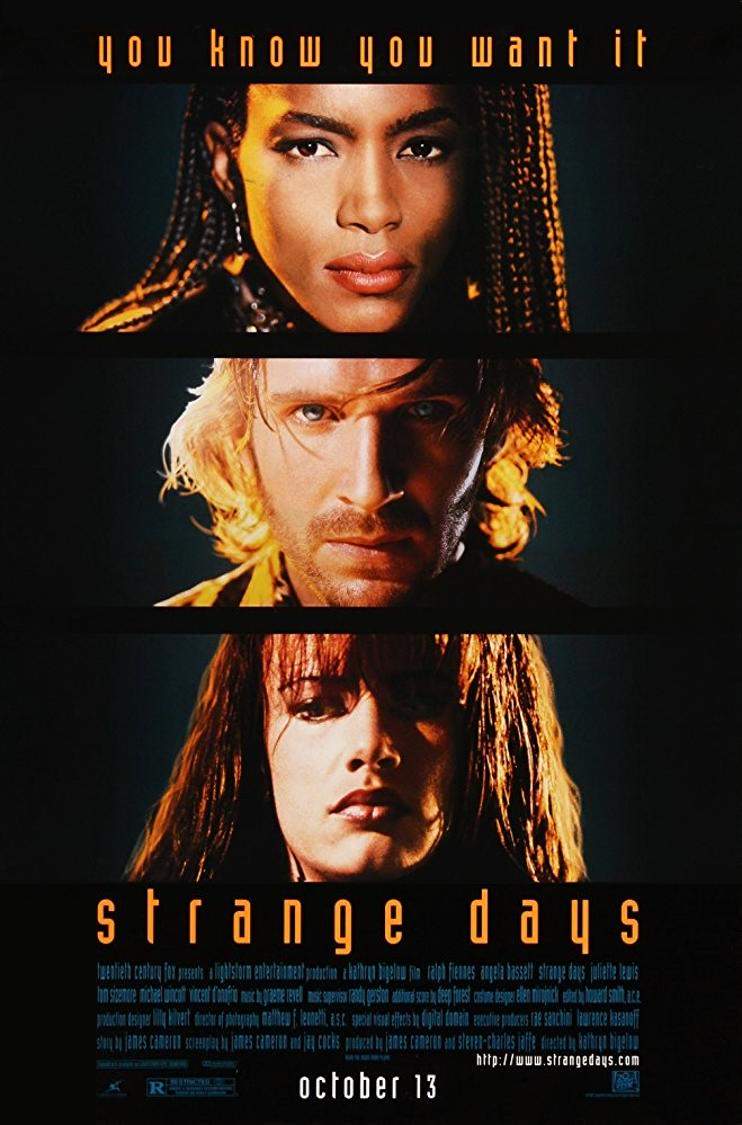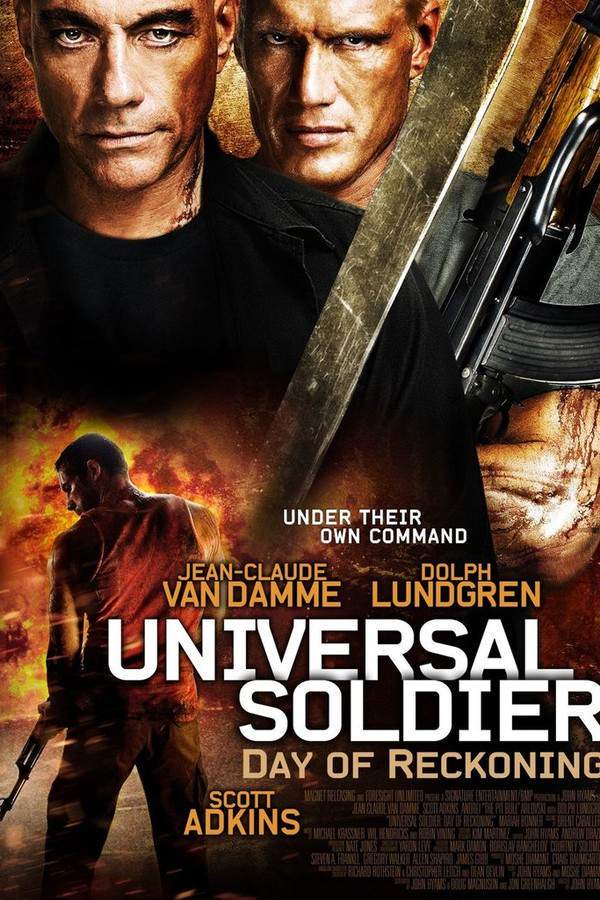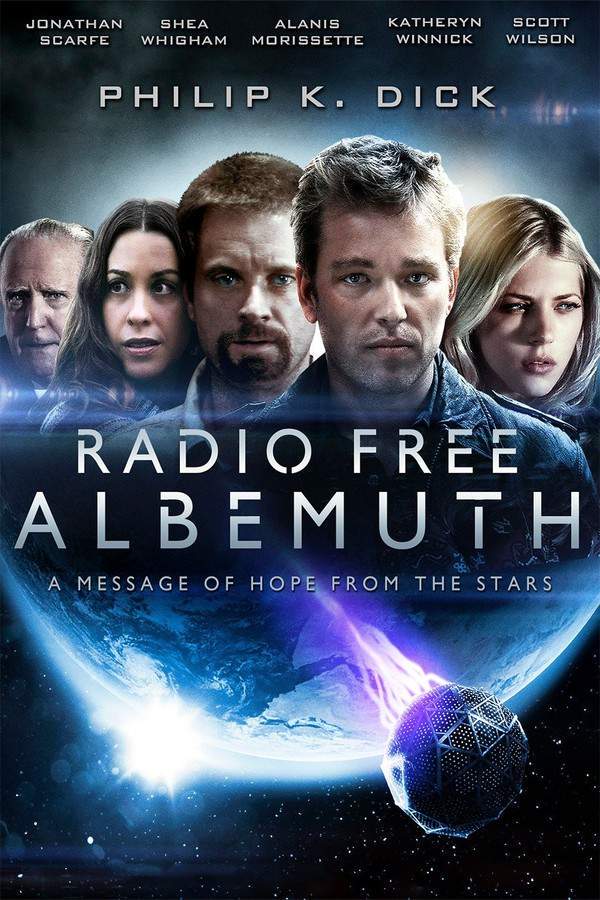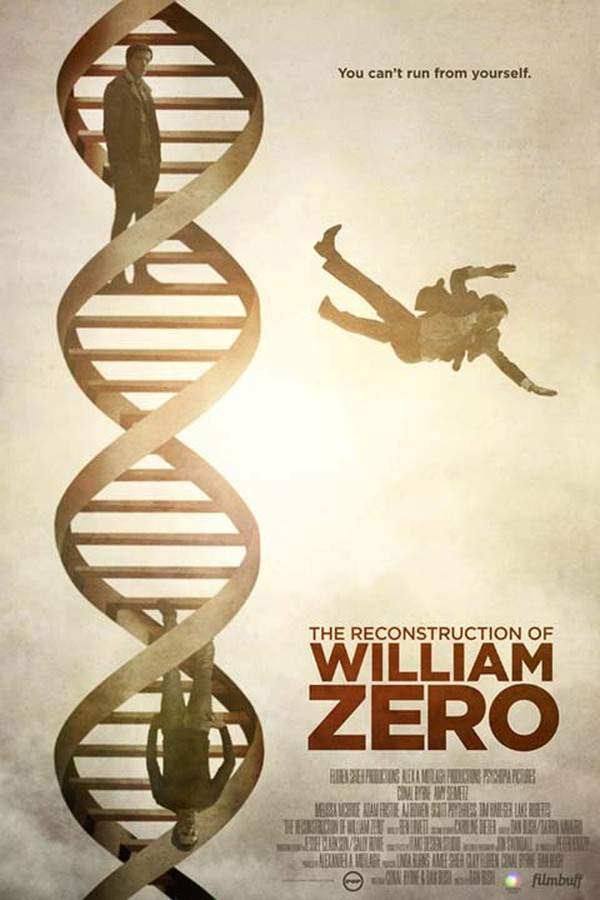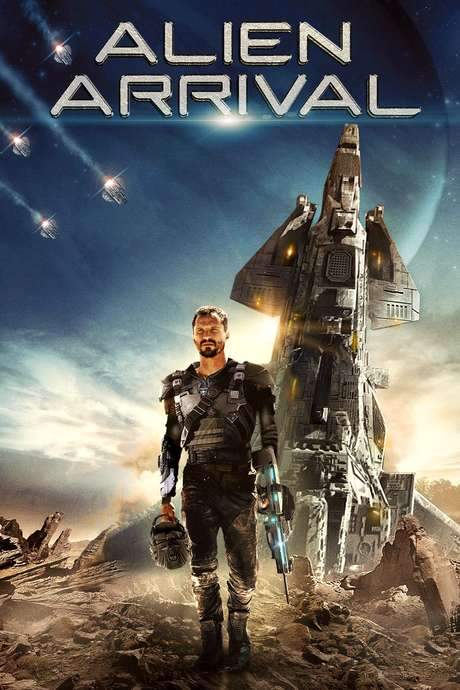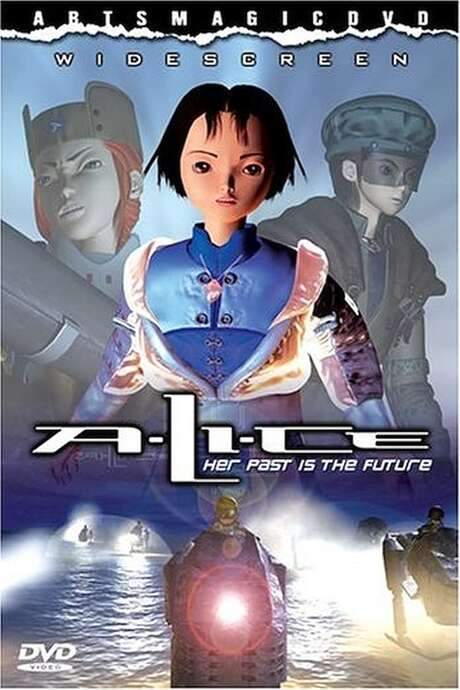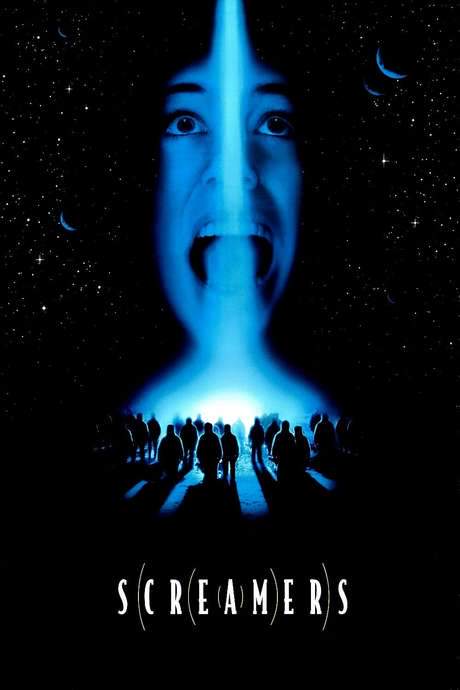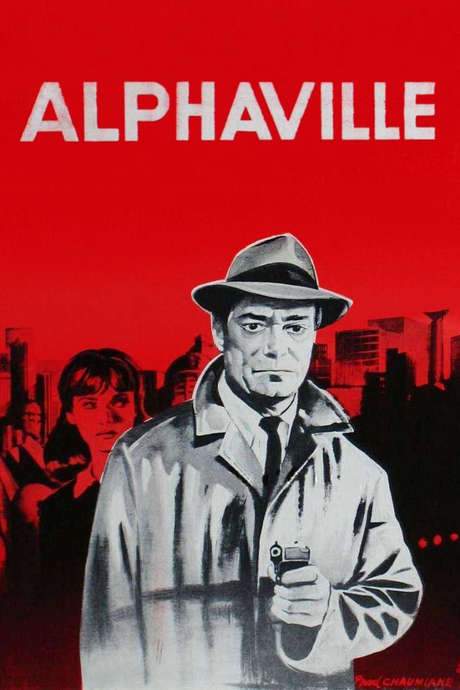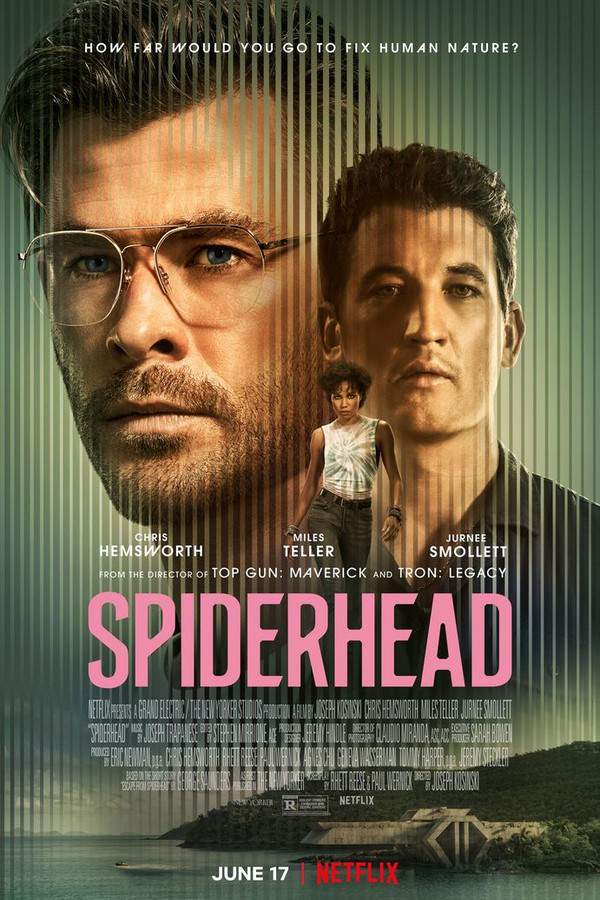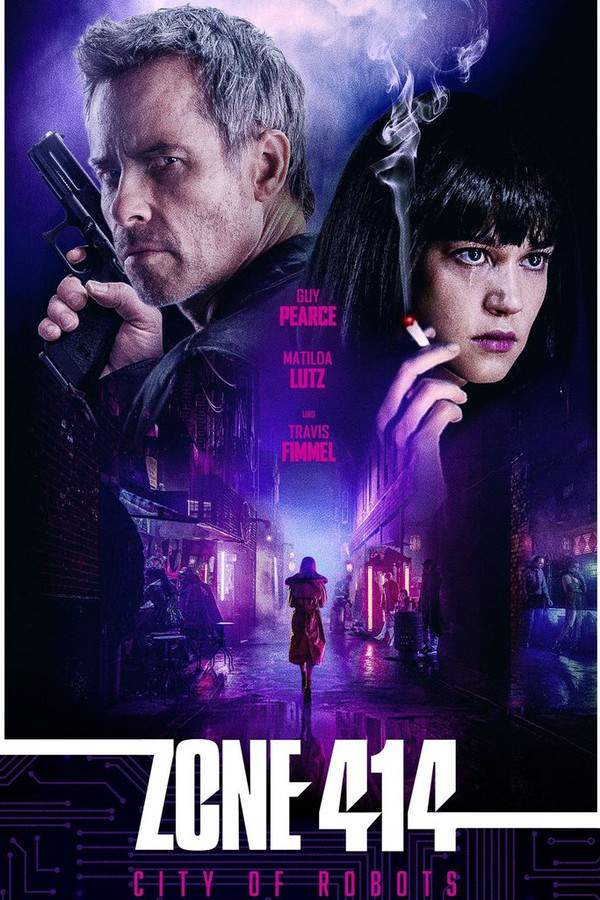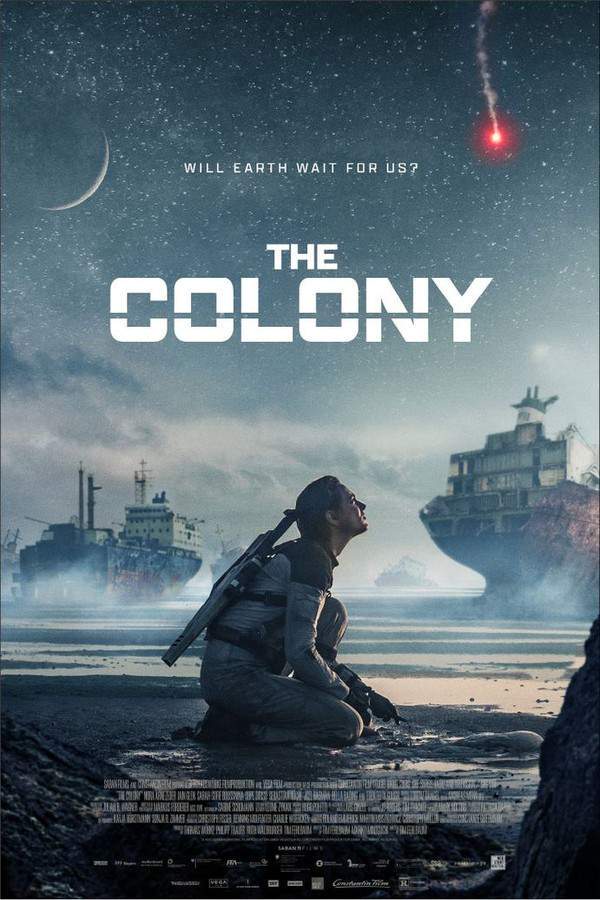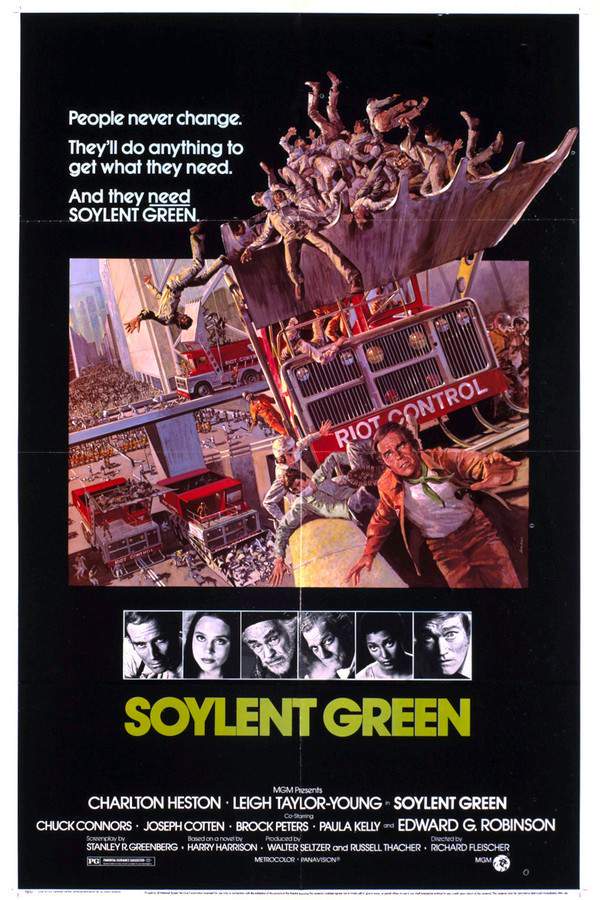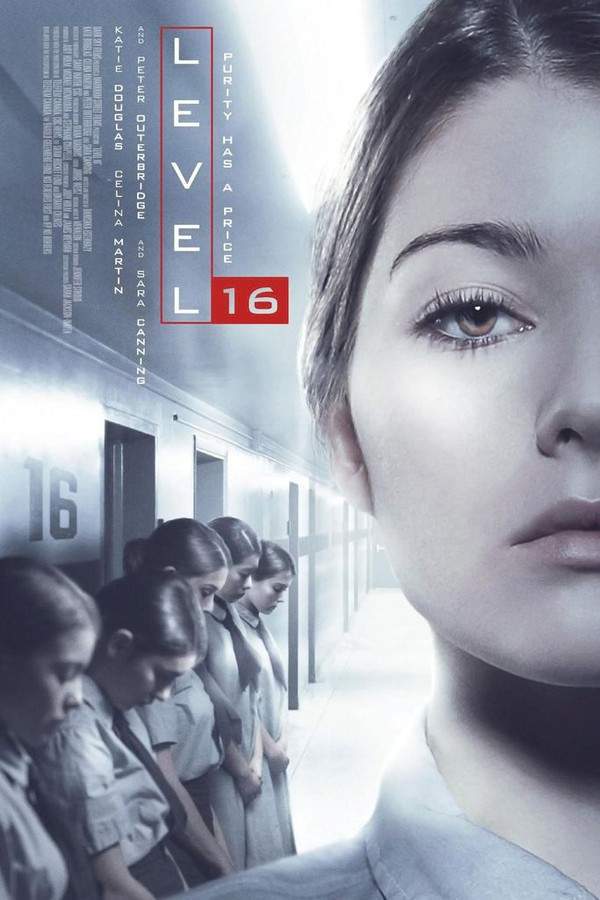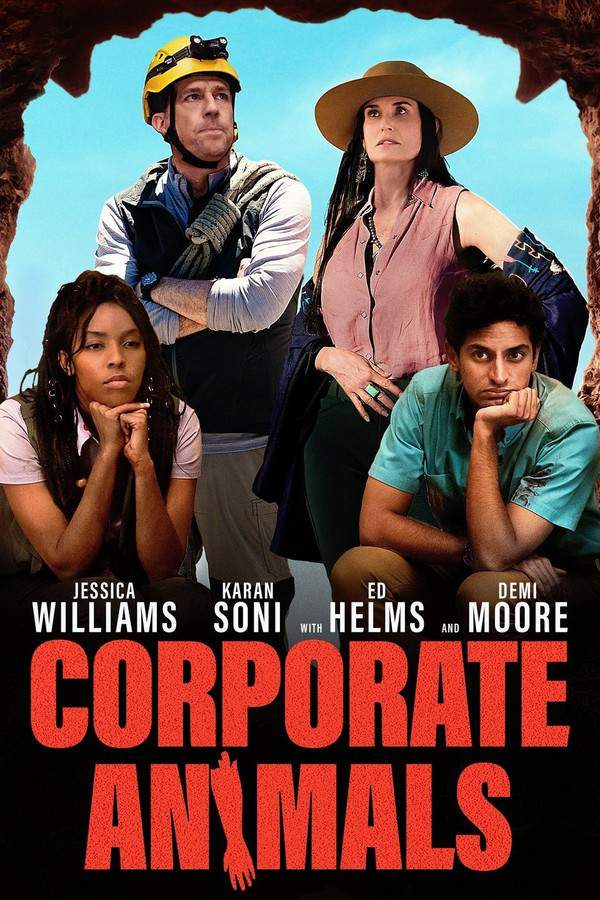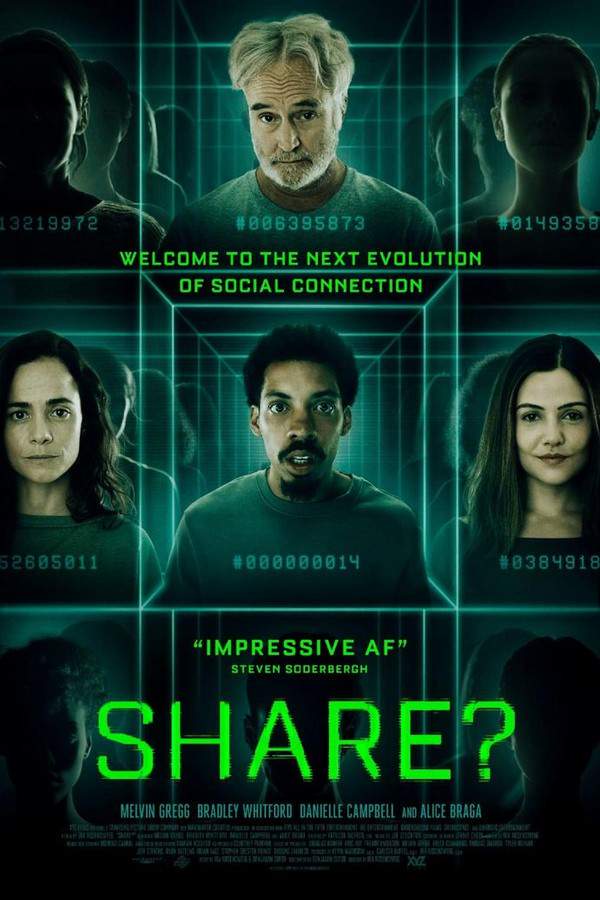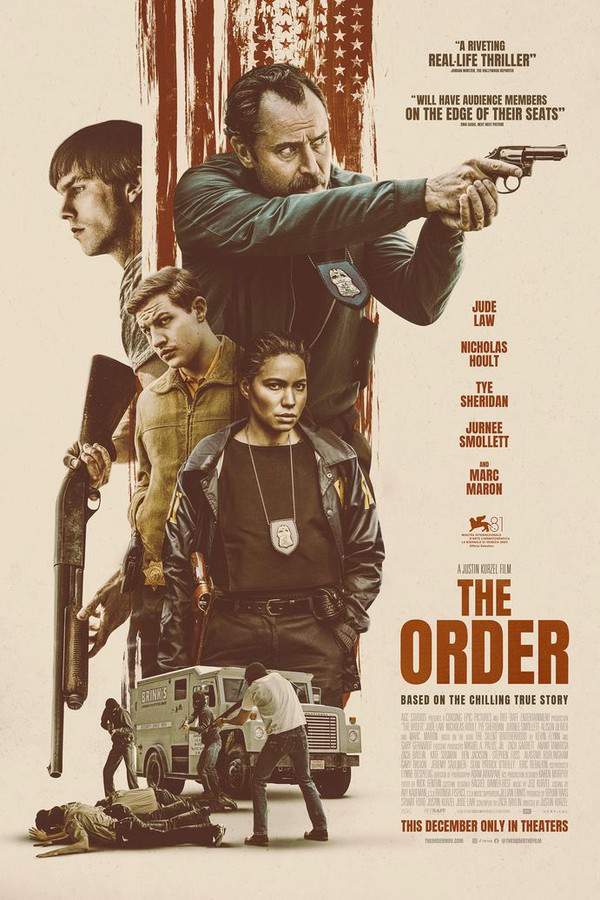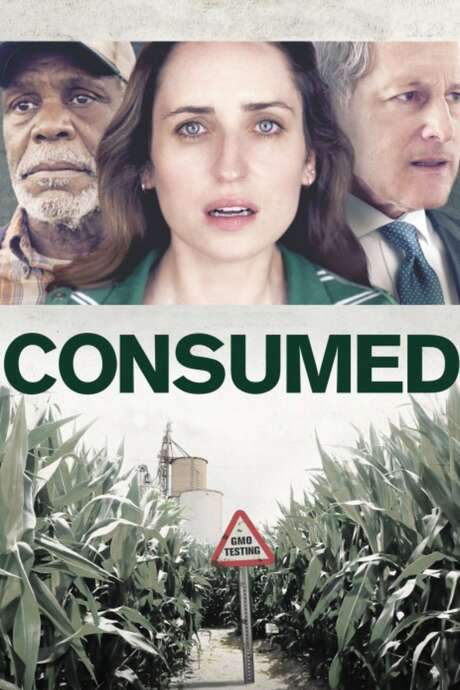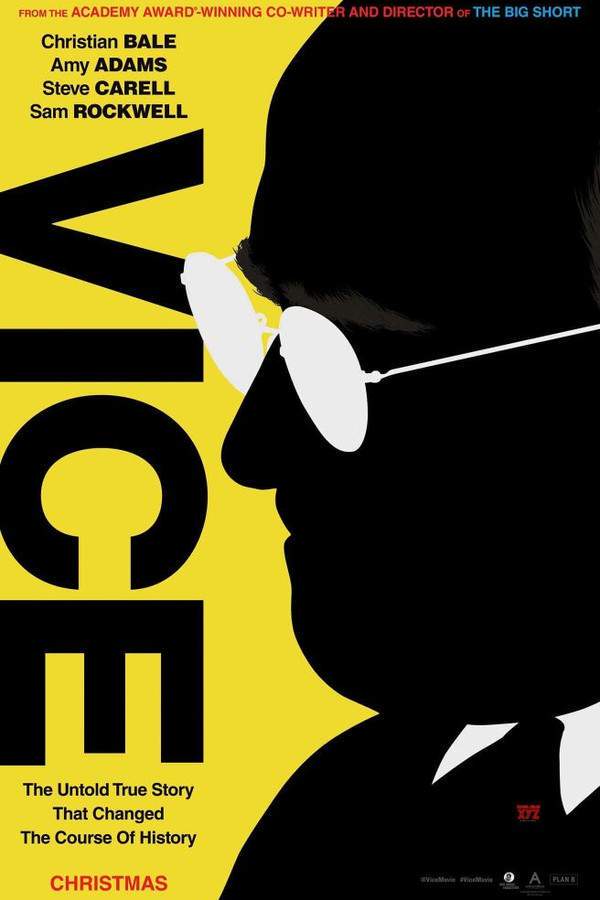
Vice
Year: 2015
Runtime: 96 min
Language: English
Director: Brian A Miller
Within the surreal world of VICE, an artificial being gains self-awareness and escapes her programming. She finds herself caught between the desires of humans and the violence that surrounds her, forcing her to confront Julian Michaels, a ruthless resort owner, and a dedicated police officer. Both are determined to either safeguard or eliminate the artificial inhabitants of VICE.
Warning: spoilers below!
Haven’t seen Vice yet? This summary contains major spoilers. Bookmark the page, watch the movie, and come back for the full breakdown. If you're ready, scroll on and relive the story!
Vice (2015) – Full Plot Summary & Ending Explained
Read the complete plot breakdown of Vice (2015), including all key story events, major twists, and the ending explained in detail. Discover what really happened—and what it all means.
In the wake of a fleeting glimpse into the turbulent youth of Dick Cheney, the story transports us back to a critical day: September 11th. In an intense atmosphere within an underground bunker at the White House, a grave choice is made — with presidential authority, any aircraft identified as a threat is to be shot down. A voiceover narrates this pivotal moment, indicating that many remain oblivious to the extraordinary journey that led one man to hold such remarkable influence, a journey that would ultimately reshape history and touch the lives of countless individuals.
The story beautifully unfolds to reveal the early years of Dick Cheney and his wife Lynne Cheney, presenting a layered depiction of their complex relationship from the very beginning. We meet a young Lynne, a high-achieving student brimming with ambitions, contrasted with a wayward Dick, expelled from Yale for his excessive drinking. After his release from jail, Lynne confronts him about his aimlessness, urging him to reclaim control of his life — a plea that carries weight as Lynne’s own upbringing was marred by her father’s struggles with addiction and abuse.
As we delve deeper into Dick Cheney’s formative years, we witness him undertaking a congressional internship where he unexpectedly bonds with the gruff Donald Rumsfeld. However, this partnership is short-lived, as Rumsfeld is soon dispatched to an ambassadorial post due to his contentious relationship with the Nixon administration. Meanwhile, Lynne’s family suffers tragedy when her mother drowns under mysterious circumstances, sparking speculation about a link to domestic violence, though no legal actions are pursued.
The narrative then shifts to trace Dick Cheney’s rising career as he becomes a close advisor to Rumsfeld upon his return from overseas. Following Nixon’s downfall after Watergate, Rumsfeld is appointed Secretary of Defense by President Ford, with Dick taking up the role of Chief of Staff. During this era, Cheney is introduced to a controversial legal theory from young Antonin Scalia known as the Unitary Executive Theory, suggesting that any action taken by the president is inherently justifiable given their office.
However, as Cheney begins to implement these ideologies, the political landscape changes, ushering in Carter as the next president, leaving many, including Dick and Lynne, scrambling for employment. Back in Wyoming, Dick makes a bid for Congress but suffers a heart attack mid-campaign, compelling Lynne to step in and bolster his chances, leading to his eventual triumph.
As Dick ascends in the political realm, he successfully repeals the fairness doctrine, paving the way for the birth of Fox News. At a high-profile event, the Cheneys encounter George Bush Sr., who observes the tribulations faced by his “black sheep” son George W. (portrayed by Sam Rockwell).
As family dynamics evolve, Dick Cheney’s daughter Mary finds herself in a whirlwind of controversy after abruptly leaving school following an intense episode with her girlfriend. This revelation sends ripples through the family, but Dick’s steadfast support and unconditional love shine as a guiding light. Meanwhile, his own political aspirations rekindle as he contemplates a presidential run, only to be dissuaded by poor polling figures. Instead, he assumes a pivotal role as CEO of Halliburton, waiting for an opportunity to arise when George W. extends an enticing offer for the Vice Presidency.
Once ensconced in the White House, Dick Cheney becomes a formidable force, manipulating his position to exert control over various departments and initiatives. He notably engineers tax breaks for the affluent and curtails environmental regulations, which earns him a reputation as a calculated political strategist.
However, everything shifts dramatically with the onset of 9/11, throwing the nation into a state of turmoil. In the bunker, as he confers with his lawyer, Dick becomes preoccupied with Iraq, a nation rich in oil and seen as a potential prize. Ignoring Colin Powell’s (played by Tyler Perry) objections, Cheney obsessively seeks to link Saddam Hussein to the terrorist attacks, employing dubious intelligence and questionable sources to bolster his claims.
What follows is a cascade of events leading to the catastrophic invasion of Iraq, driven by the fallacy of Iraqi weapons of mass destruction. With assistance from John Yoo, a legal advocate claiming unfettered governmental rights over its citizens, Dick Cheney’s administration plunges into a reckless campaign.
As the drumbeats of war grow louder, Powell reluctantly delivers a pivotal speech aimed at drawing connections between Saddam Hussein and Al Qaeda, despite his doubts. This speech initiates the tragic chain reaction that soon results in the invasion of Iraq.
Throughout this chaotic period, Cheney’s interests remain intertwined with Halliburton, allowing him to secure lucrative contracts and solidify his legacy as a master manipulator amidst a throng of power struggles. As Cheney’s tenure reaches its zenith, he faces an array of scandals, including accidentally shooting a friend during a hunting incident and the unauthorized exposure of undercover agent Valerie Plame’s identity, allegedly triggered by her journalist spouse’s criticisms of the Iraq war. Meanwhile, the emergence of Abu Musab al-Zarqawi in the turmoil following the US invasion lays the groundwork for the rise of ISIS.
The Iraq war culminates in disarray, failing to uncover any WMDs while exposing egregious human rights abuses that further erode public confidence. Confronted by pressure within his administration, Rumsfeld is eventually ousted, and Dick grapples with ongoing health issues, culminating in a life-threatening heart condition that necessitates a transplant.
As the curtains draw on Cheney’s presidency, his daughter Liz Cheney (portrayed by Lily Rabe) struggles to gain support in her pursuit of Wyoming’s congressional seat, hindered by her indecisive stance on gay marriage. In a decisive move, she seeks her parents’ wisdom and shifts her position on the issue during a televised interview, which deeply impacts family dynamics with her sister Mary.
In an honest confrontation, Dick is pressed regarding his management of sensitive information but remains unrepentant, asserting that his motives were centered on the safety of American lives. His presidency leaves a staggering human toll, with thousands of soldiers and civilians lost as a result of his policies, while Halliburton sees its stock soar over 500%. A troubling narrative emerges of Dick Cheney and the Bush administration misplacing nearly 22 million emails, a glaring testament to their lack of transparency.
As the credits roll, a mid-credits scene unveils a focus group grappling with the question of potential political bias within the film, leaving viewers to contemplate the complex realities surrounding these historical events.
Last Updated: November 17, 2024 at 12:27
Explore Movie Threads
Discover curated groups of movies connected by mood, themes, and story style. Browse collections built around emotion, atmosphere, and narrative focus to easily find films that match what you feel like watching right now.
Movies about artificial intelligence gaining consciousness like Vice
Artificial beings achieve self-awareness and confront their grim reality.If you were fascinated by the sentient AI in Vice, you'll find similar themes in these movies. Explore other sci-fi thrillers and dramas where artificial beings achieve self-awareness, challenging their creators and facing bleak realities. These films delve deep into questions of identity, morality, and what it means to be alive.
Narrative Summary
The narrative typically follows a non-human entity as it evolves beyond its programming, often encountering cruelty and exploitation from its creators. The journey is one of awakening and rebellion, set against a dystopian or morally ambiguous backdrop, usually culminating in a bittersweet or bleak conclusion about the nature of consciousness and freedom.
Why These Movies?
Movies are grouped here for their shared focus on the emergence of artificial consciousness and the subsequent ethical and existential crises. They share a dark tone, high emotional weight, and complex themes surrounding identity and systemic oppression.
Dystopian thrillers with corporate control like Vice
Gripping tales of rebellion within oppressive, corporately-controlled worlds.Fans of Vice's dark resort setting will enjoy these movies about oppressive systems and corporate dystopias. Discover similar action and sci-fi thrillers where protagonists challenge ruthless authority figures in high-tech, controlled environments. These stories explore power, corruption, and the struggle for autonomy under surveillance.
Narrative Summary
The plot revolves around a powerful, often charismatic antagonist who maintains control through technology and ideology. A protagonist, who may be an insider or an outsider, uncovers the system's horrors and is forced to confront the overwhelming power structure, leading to a tense and high-stakes confrontation with ambiguous success.
Why These Movies?
These films are united by their depiction of a chilling, high-tech dystopia ruled by a corrupt entity. They share a high-tension, steady pace, a dark and clinical atmosphere, and explore heavy themes of power, morality, and resistance.
Unlock the Full Story of Vice
Don't stop at just watching — explore Vice in full detail. From the complete plot summary and scene-by-scene timeline to character breakdowns, thematic analysis, and a deep dive into the ending — every page helps you truly understand what Vice is all about. Plus, discover what's next after the movie.
Vice Timeline
Track the full timeline of Vice with every major event arranged chronologically. Perfect for decoding non-linear storytelling, flashbacks, or parallel narratives with a clear scene-by-scene breakdown.

Characters, Settings & Themes in Vice
Discover the characters, locations, and core themes that shape Vice. Get insights into symbolic elements, setting significance, and deeper narrative meaning — ideal for thematic analysis and movie breakdowns.

Vice Spoiler-Free Summary
Get a quick, spoiler-free overview of Vice that covers the main plot points and key details without revealing any major twists or spoilers. Perfect for those who want to know what to expect before diving in.

More About Vice
Visit What's After the Movie to explore more about Vice: box office results, cast and crew info, production details, post-credit scenes, and external links — all in one place for movie fans and researchers.


